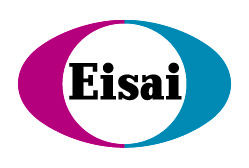Venous thromboembolism (VTE) is a leading cause of death in cancer patients. Unfortunately, prevention and treatment of VTE in patients with cancer present complex clinical challenges. Cancer increases a patient's risk of VTE, and many cancer treatments increase coagulability. Cancer patients are also at greater risk for recurrent VTE and bleeding complications. The incidence of VTE in cancer patients is increasing due to a variety of factors, including increased cancer survival rates, improved VTE detection and awareness, and the use of more thrombogenic cancer therapies. Despite the existence of evidence-based guidelines, VTE prophylaxis is often underutilized or suboptimal. In addition, consensus is lacking regarding duration of VTE treatment in cancer patients.
During this educational activity, faculty will explore the challenge of preventing and treating VTE in cancer patients. Evidence-based guidelines and clinical trial data will be reviewed, while emphasizing patient-specific considerations. Clinical dilemmas, including optimal duration of prophylaxis and treatment, will be examined. Unique patient needs such as patient convenience, compliance and satisfaction, complications of the malignancy, and cost of extended treatment will be addressed. Using patient case examples, faculty will engage participants in the clinical decision-making process.


 Planned and conducted by ASHP Advantage and
Planned and conducted by ASHP Advantage and